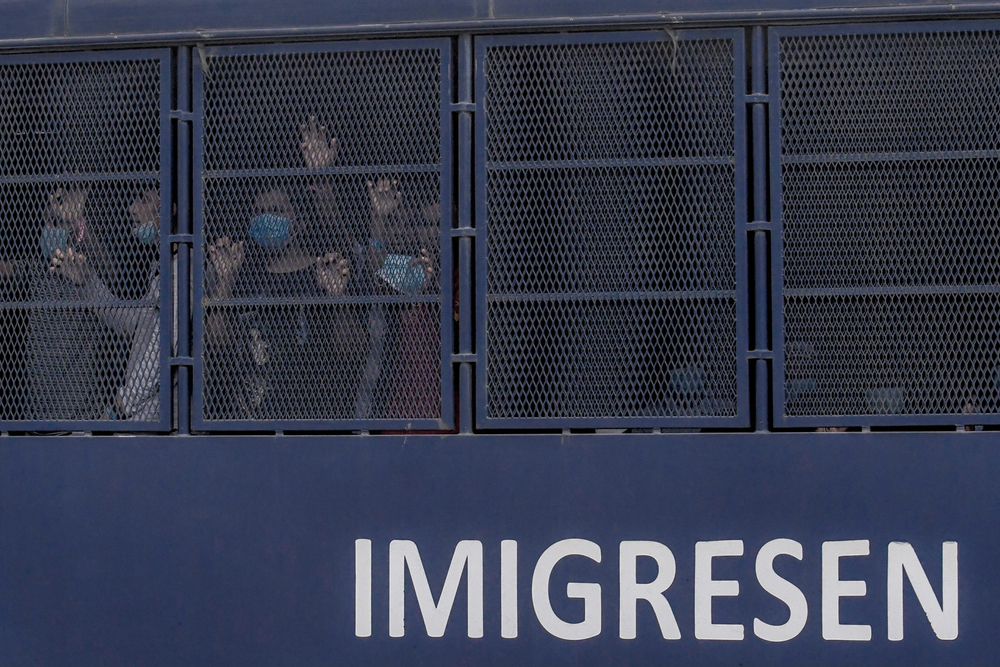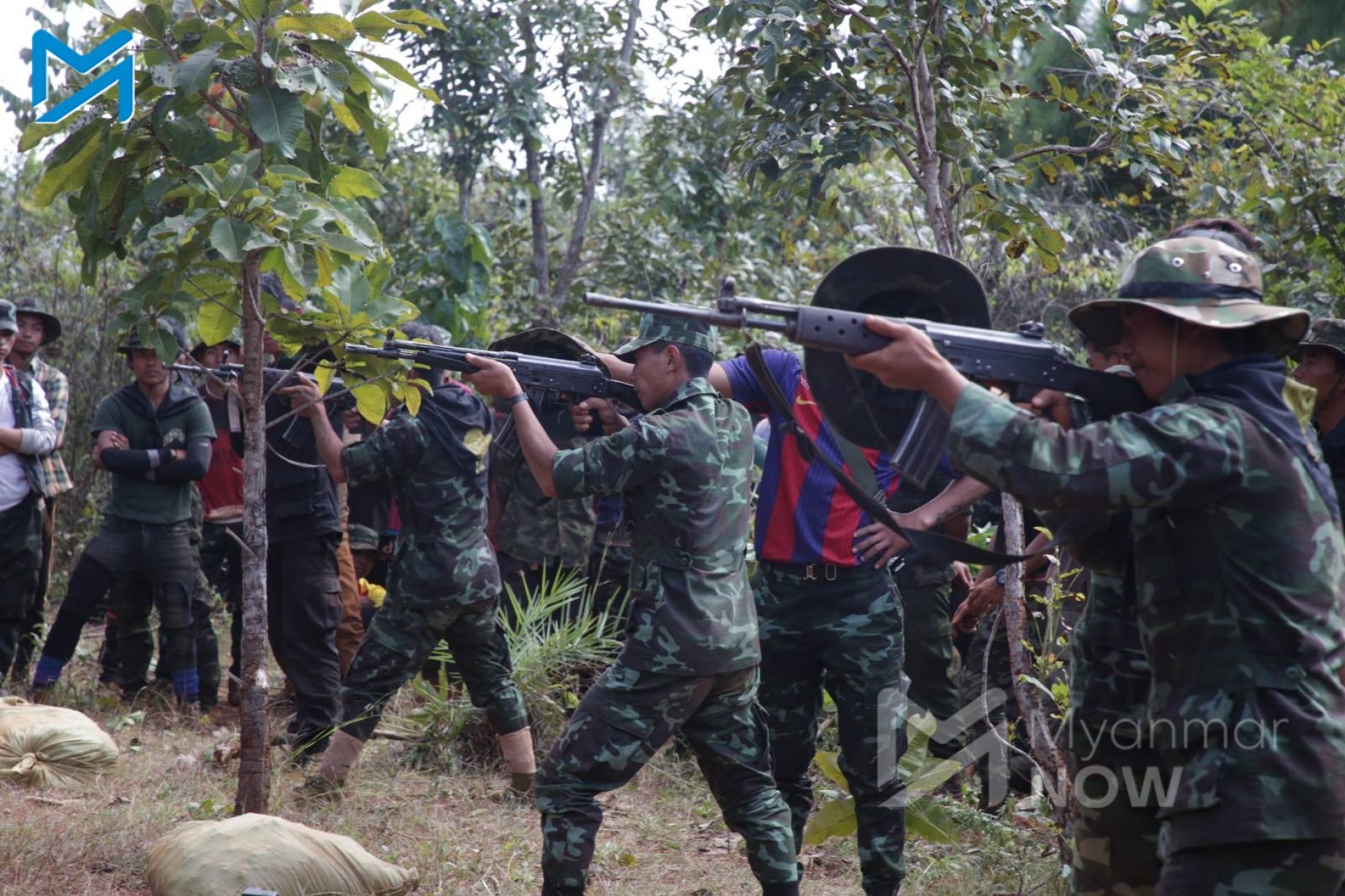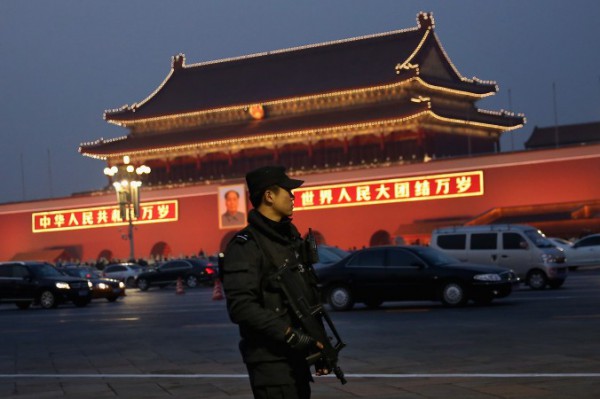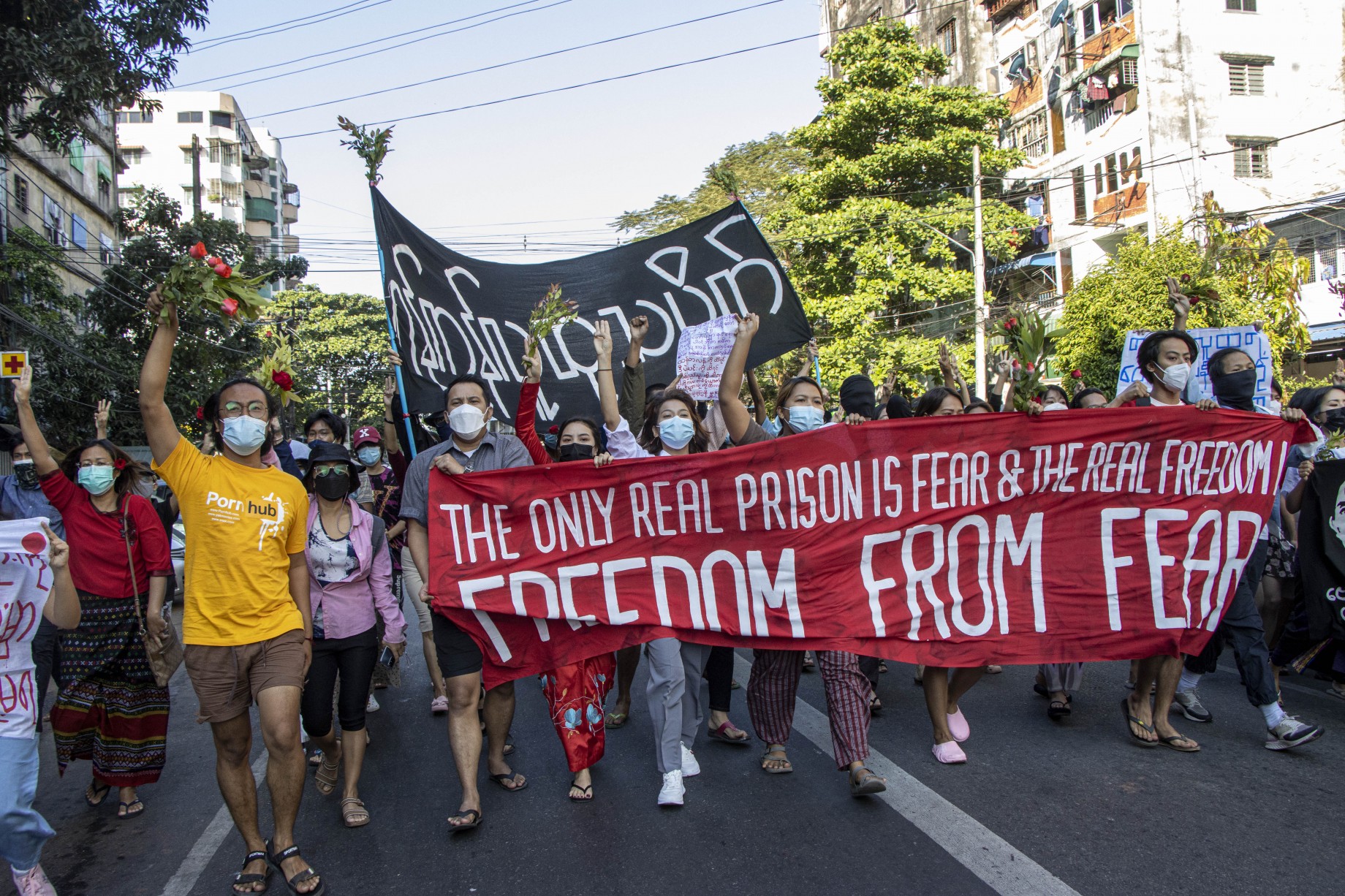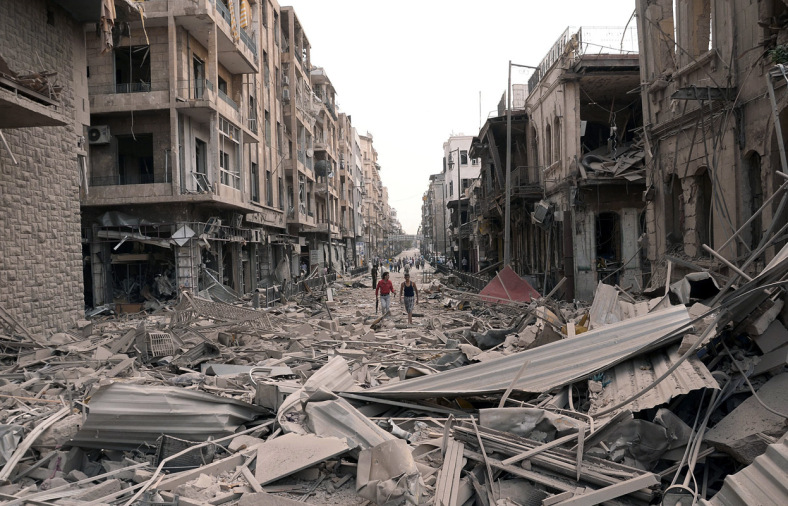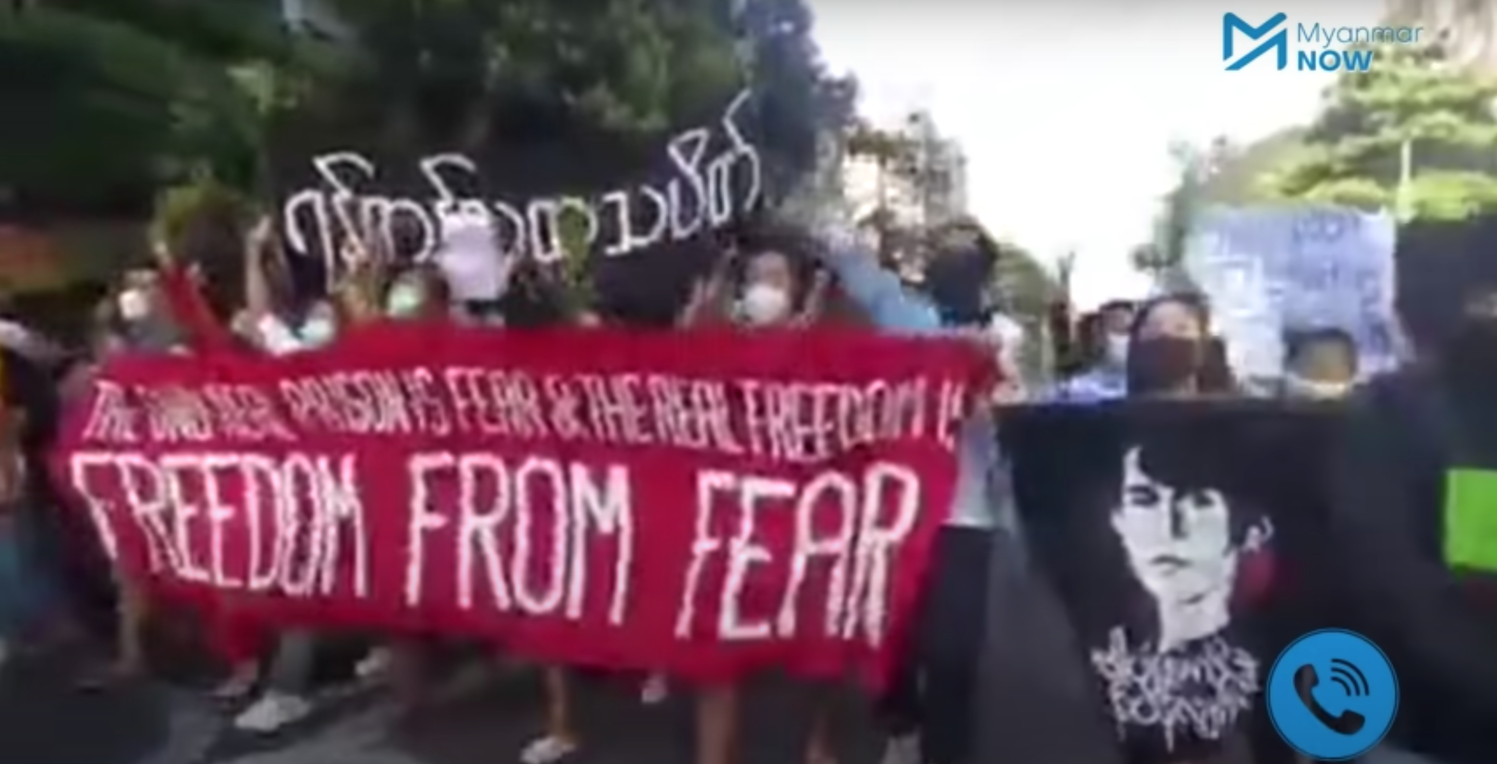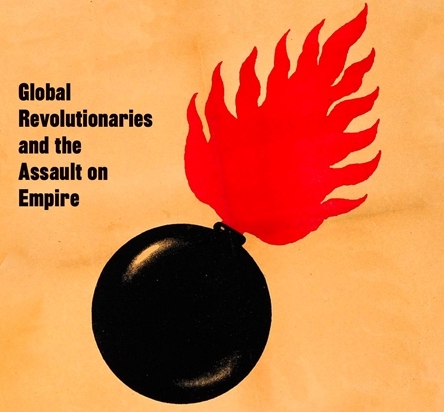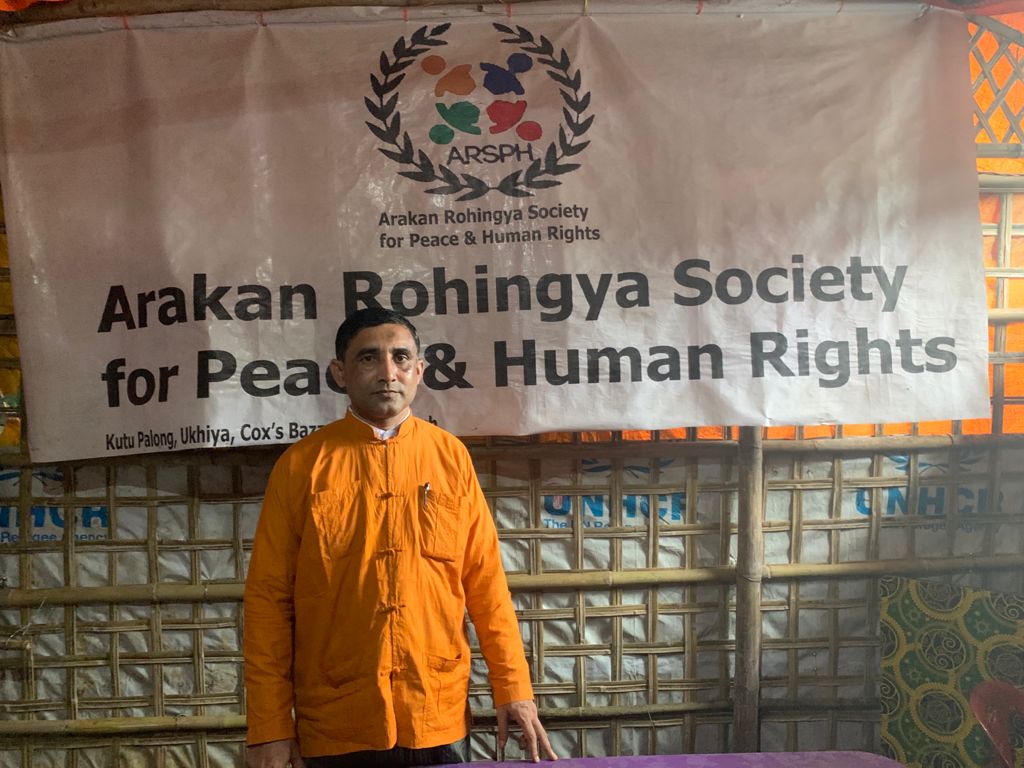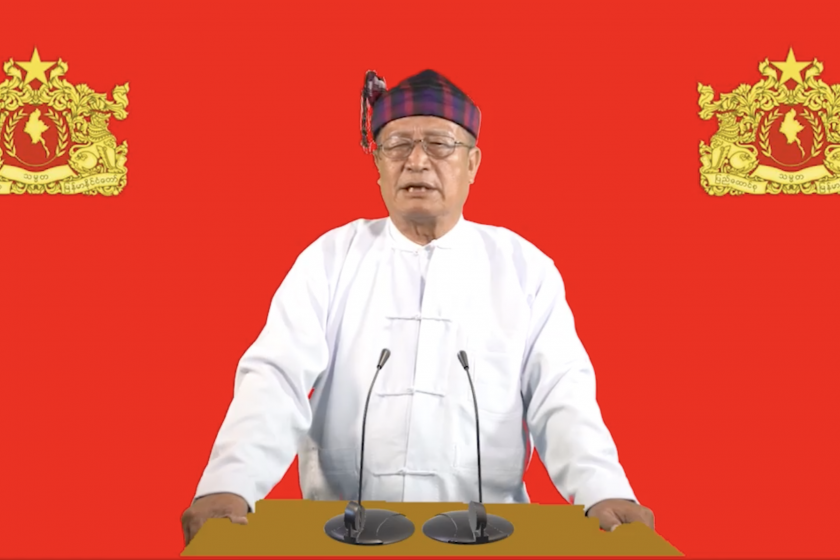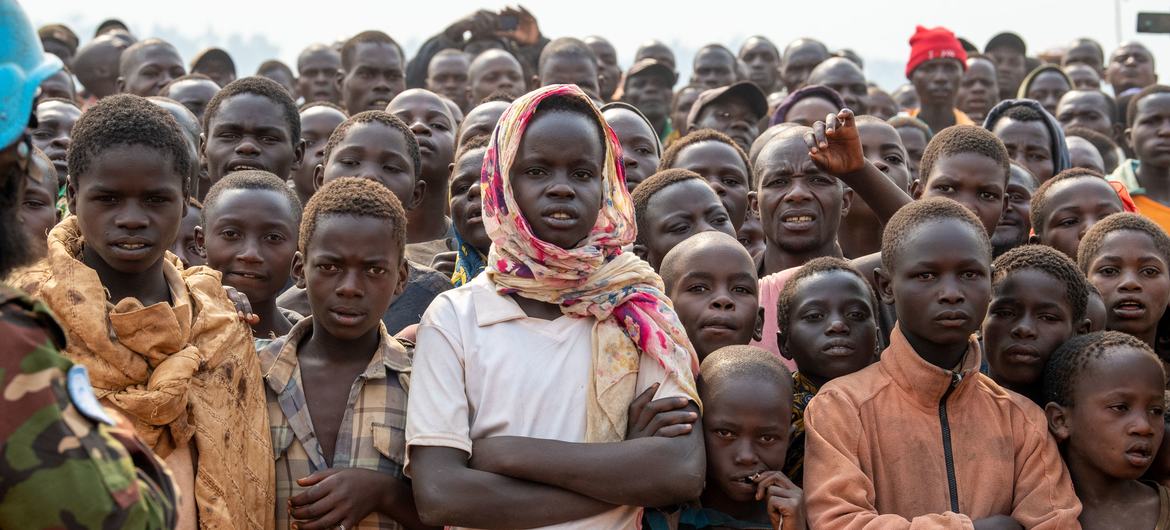
UN: record 100 million people displaced worldwide
According to the UN Refugee Agency, the number of forcibly displaced people worldwide rose to 90 million by the end of 2021, propelled by new waves of violence or protracted conflict in countries including Ethiopia, Burkina Faso, Burma, Nigeria, Afghanistan and the Democratic Republic of the Congo. In 2022, the war in Ukraine has displaced 8 million within the country and forced some 6 million to flee the country as refugees. This has pushed the total displaced to over 100 million for the first time. (Photo: Eskinder Debebe/UN News)



